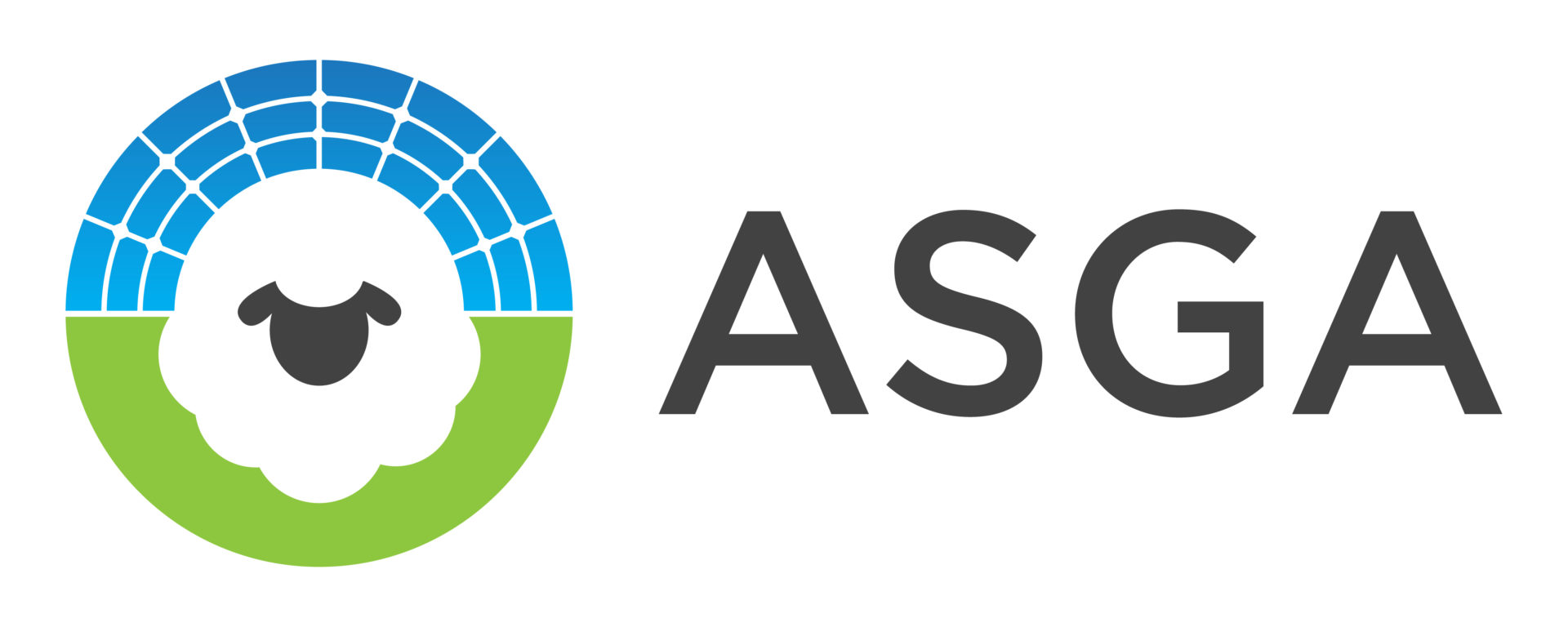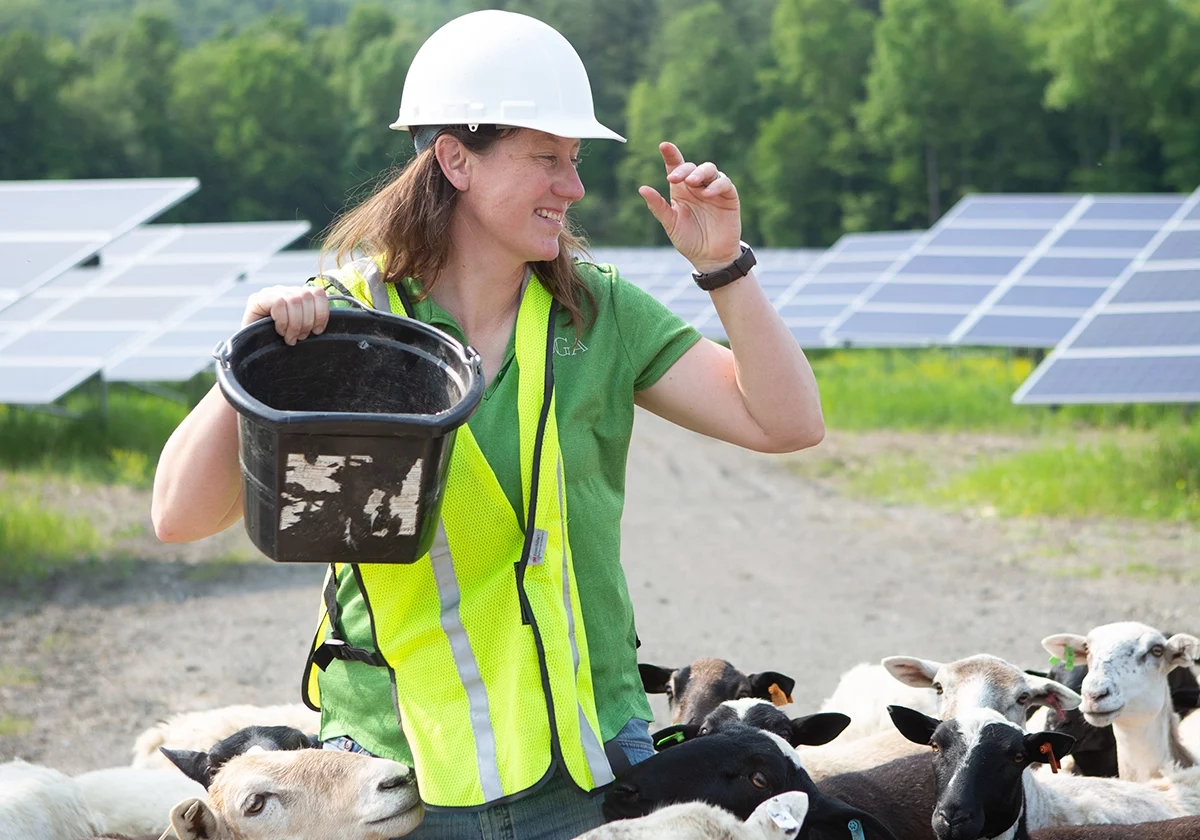ASGA Call #58 Replay: High Quality Forage & Cool-Season Hay at Solar Sites with Ohio State
For our September 2022 webinar (09/07), Christine Gelley and James Morris from Ohio State Extension gave us a fantastic, detailed presentation about their experiments with cool-season hay and other high quality forages (crimson clover, alfalfa, teff grass) as effective vegetative cover for solar sites. In addition to going over their results, they discussed the implications for solar grazing.
On the call were a few other researchers from Ohio State working on this projecting, including Eric Romich & Brady Campbell who provided some exciting insights in the Q&A, as did Sarah Moser from Savion Energy, who is working with them on the project.
Hosts: Nick Armentrout of Spring Creek Farm and an ASGA Board Member and Kevin Richardson (ASGA), ASGA’s Outreach Coordinator, hosted.
About the Speakers
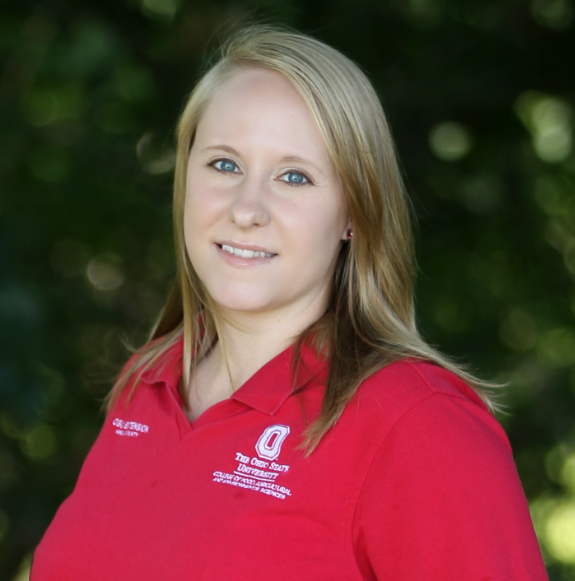
Christine Gelley is an Extension Educator for Agriculture and Natural Resources at The Ohio State University stationed in Noble County. Specializing in forage quality and management in grazing and hay systems, she serves as the co-leader of the Ohio State Extension Forage and Sheep Teams. She is also an active member of the OSU Extension Energy Outreach Group, the OSU Beef Team, and Agronomic Crops team. An avid writer, videographer, and researcher, Christine strives each day to be an encouraging voice of reason to her clientele, while seeing challenges as opportunities and posing viable solutions to enhance the lives of Ohioans.
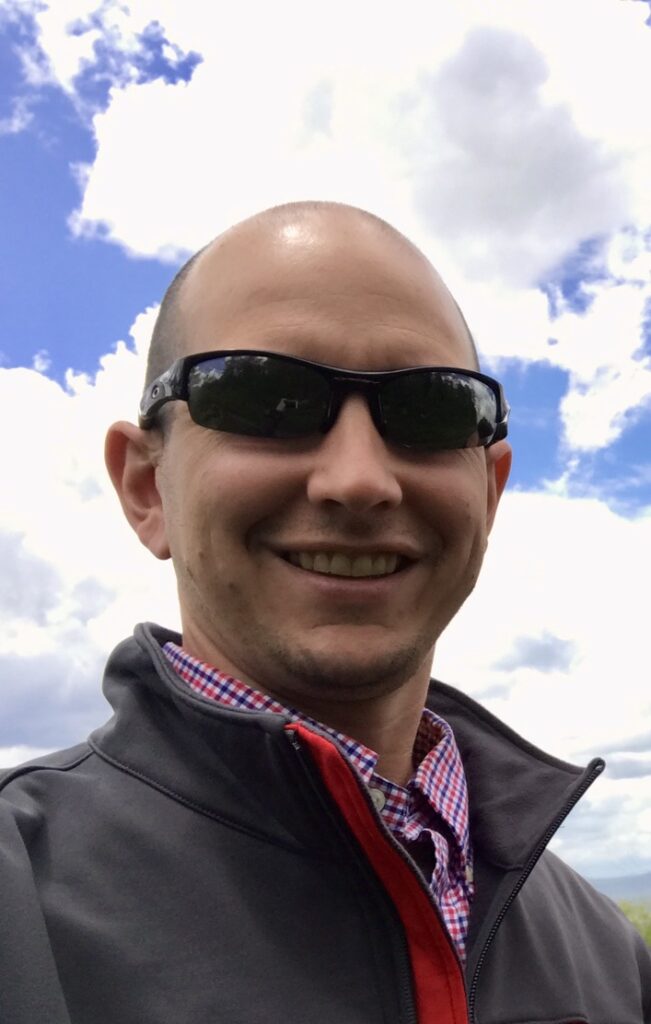
Eric Romich is an Ohio State University Extension Field Specialist for Energy Education. Serving as a statewide Extension Field Specialist since 2012, he works closely with private, public, and university partners to conduct research, develop extension programs, and teach in communities throughout the state. Romich’s energy programs focus on identifying best practices for energy management strategies in agriculture to enhance the overall environmental and economic conditions in Ohio communities.
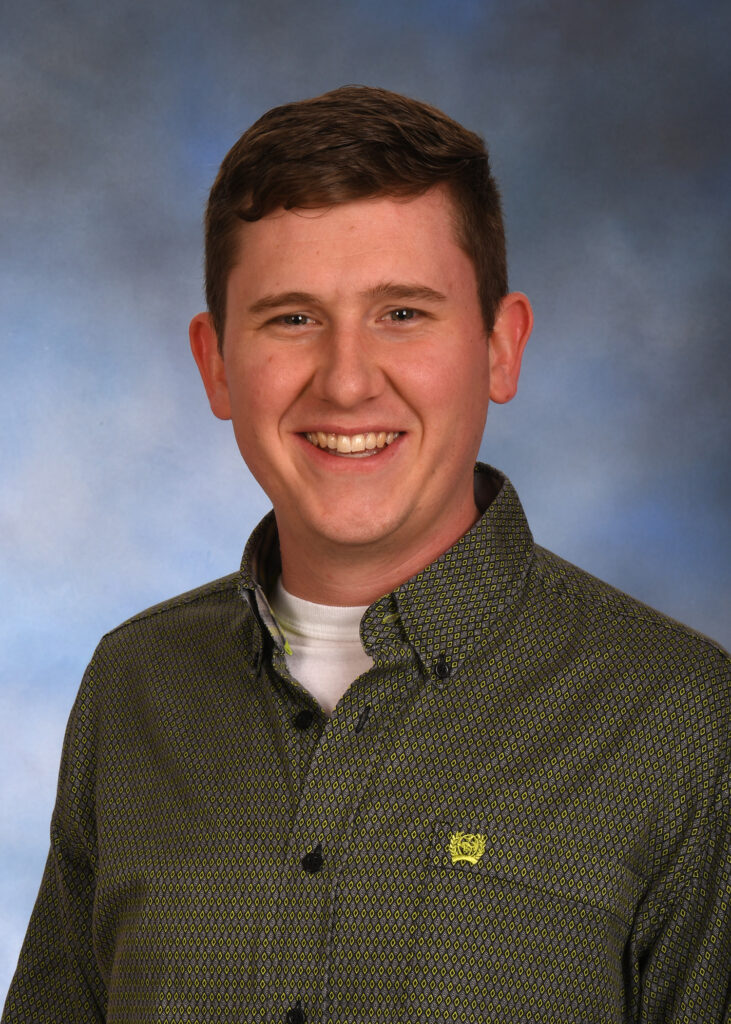
Brady Campbell is an Assistant Professor in the Department of Animal Sciences at The Ohio State University in the College of Food, Agriculture, and Environmental Sciences currently serving as the State Small Ruminant Extension Specialist. Brady’s areas of interest and expertise range from animal health, nutrition, marketing, economics, pasture and parasite management, agrivoltaics, animal handling and husbandry, and much more. To further connect himself with the small ruminant industry, Brady actively raises purebred and commercial sheep with his family and supports the industry by serving as an ex-officio member on both the Ohio Sheep Improvement Association (OSIA) and Ohio Sheep and Wool Program (OSWP) board of directors, member of the American Sheep Industry (ASI) Production, Education, and Research Council, Texel director with the National Sheep Improvement Program (NSIP), and President of the Texel Sheep Breeders Society.
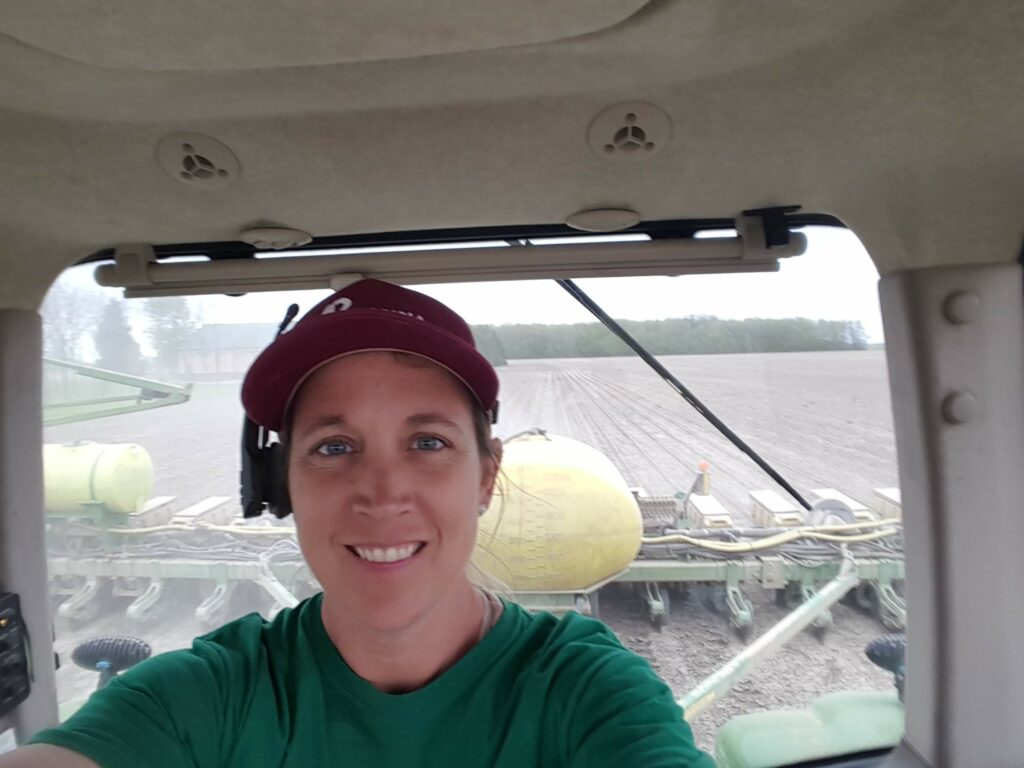
Sarah Moser is the Director of Farm Operations & Agrivoltaics at for Savion LLC, a Shell Group portfolio company with one of the largest utility-scale solar and energy storage development pipelines in the U.S. Sarah has been tasked with spearheading the efforts to establish and manage an Agrisolar Department that investigates and implements farming practices across the lifecycle of a solar project. Sarah received her undergrad from the University of Wyoming in biology and physiology, her Masters in HR from the University of Oklahoma and is currently enrolled in the doctoral program in Strategic Leadership at Liberty University. Sarah worked in economic development for the county and in wind development in Ohio before joining Savion’s solar team in 2019. Sarah resides in Northwest Ohio where she is co-owner and operator on her family’s 1500 acre crop farm and 5,000 head hog operation. Her and her husband, Kyle, also help to manage the phase I Between the Rows mock solar site, a collaborative initiative with The Ohio State University College of Food, Agricultural, and Environmental Sciences (CFAES) where the team is seeking to determine the best practices to cultivate crops in conjunction with utility-scale solar production.
